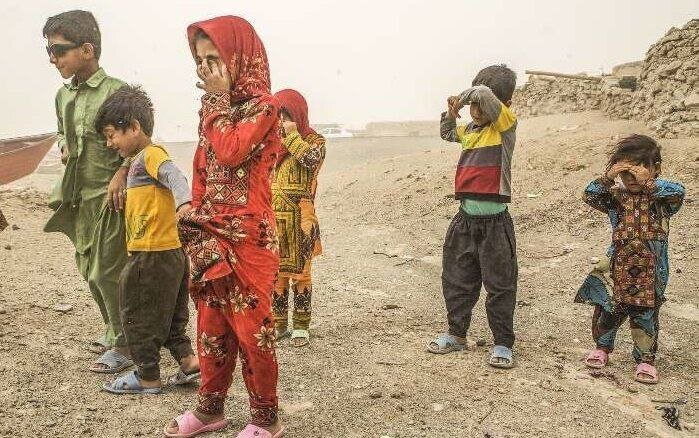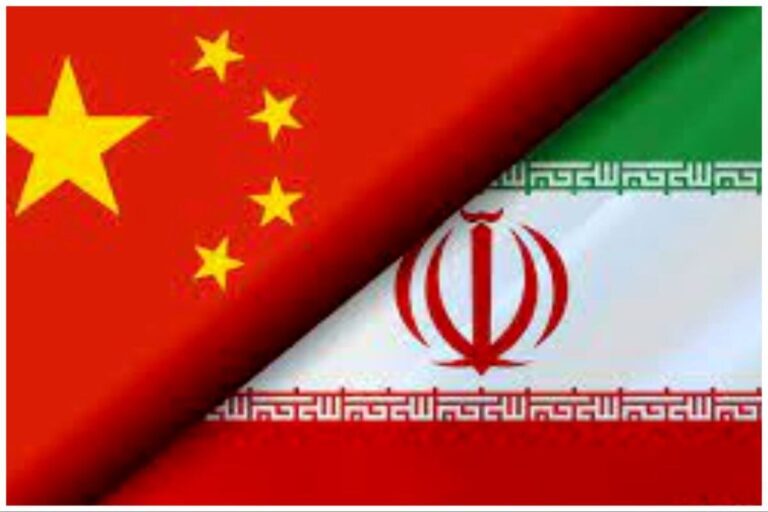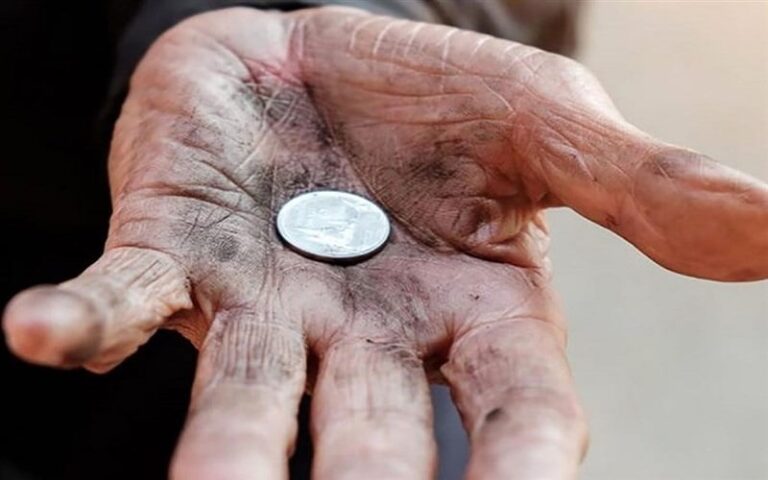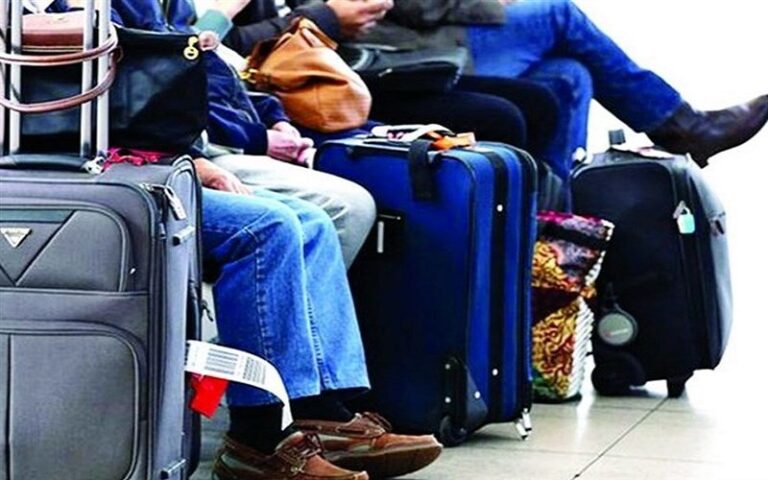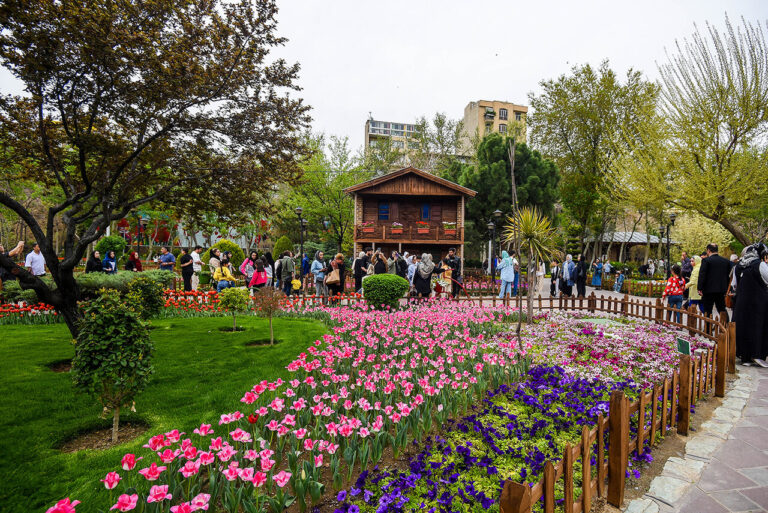Health Ministry and UNICEF Team Up to Combat Severe Acute Malnutrition in Children
The Ministry of Health and Medical Education (MoHME), in partnership with the United Nations Children’s Fund (UNICEF), is actively providing crucial medical care to children under the age of five suffering from Severe Acute Malnutrition (SAM) in Zabol, located in the southeastern Sistan-Baluchestan province. This initiative, which has been funded by the European Civil Protection and Humanitarian Aid Operations (ECHO), has been delivering free treatment since September 2024, as announced in a recent press release by UNICEF on February 17.
At Amir Almomenin Hospital, over 54 children diagnosed with SAM have already received essential medical care, ensuring they obtain the life-saving treatments necessary for their recovery. This initiative not only improves access to medical services but also prioritizes support for children with disabilities and those in the most critical need, emphasizing the commitment that no child is overlooked.
Understanding the broader issues surrounding food insecurity, this project is set to continue throughout 2025. In just three months, an accompanying social protection program will distribute cash cards to households with cases of SAM, allowing families to purchase nutritious food and enhance their overall well-being.
According to a food and nutrition surveillance study conducted between 2021 and 2022, moderate and severe wasting continues to pose a significant challenge in Sistan-Baluchestan. While free treatment is available, many malnourished children do not fall under the Universal Public Health Insurance (UPHI), and dietary supplements are excluded from coverage. To address these shortcomings, UNICEF has improved the identification and referral system within Primary Health Care (PHC) settings, ensuring that children receive timely treatment and ongoing follow-up care.
By addressing severe malnutrition through comprehensive medical care and social protection measures, UNICEF is not only saving lives today but also laying the groundwork for a more resilient future for the children and families of Zabol. As part of its social protection initiatives, UNICEF Iran aims to tackle food insecurity among eligible households in the area.
Recent Services in Sistan-Baluchestan
In light of the devastating floods that impacted Sistan-Baluchestan province, particularly in Chabahar and nearby regions, at the end of February 2024, UNICEF has been providing essential assistance, including access to safe water for the affected communities.
Access to clean and safe water has long been a pressing issue in the region, predating the flooding. Acknowledging the urgent need to mitigate this crisis, UNICEF, in collaboration with the Ministry of Health and Medical Education and the Ministry of Energy, launched a comprehensive program aimed at improving access to safe water, as detailed in a UNICEF press release dated December 22, 2024.
This initiative is designed to reduce the incidence of waterborne illnesses, protect vulnerable families, and enhance resilience within the communities of the region, ensuring sustainable access to clean and safe water.
- UNICEF’s response to the water crisis included critical support for water safety testing and purification efforts.
- Forty solar-powered water disinfection devices have been procured and distributed, providing drinking water for approximately 200,000 individuals.
- Laboratory equipment for water quality testing has been distributed throughout the province.
According to Siavash Oveisi Arian, a UNICEF volunteer Water, Sanitation and Hygiene (WASH) officer, “Forty water disinfection devices have been procured and distributed. These devices, which operate on solar energy, provide drinking water for approximately 200,000 people.”
Furthermore, the laboratory equipment supplied by UNICEF plays a vital role in ensuring water safety for a large population in Sistan-Baluchestan province. Fatemeh Fadaee, the Water and Wastewater Quality Control Manager of Chabahar County, elaborates, “We assess the water quality in the cities and villages of Chabahar, Dashtiari, Konarak, Zarabad, Ghasreghand, and Nikshar, with a population of one million people, to ensure the safety and quality of the water.”
This enhanced capacity for water quality testing significantly contributes to safeguarding community health across the province, reducing the risk of waterborne diseases and bolstering resilience against future public health challenges.
UNICEF’s comprehensive support for flood-affected children and their families in Sistan-Baluchestan includes the distribution of hygiene kits, prefabricated latrines and showers, laboratory equipment, and water disinfection devices. This vital assistance was made possible through generous financial contributions from EU Humanitarian Aid.
